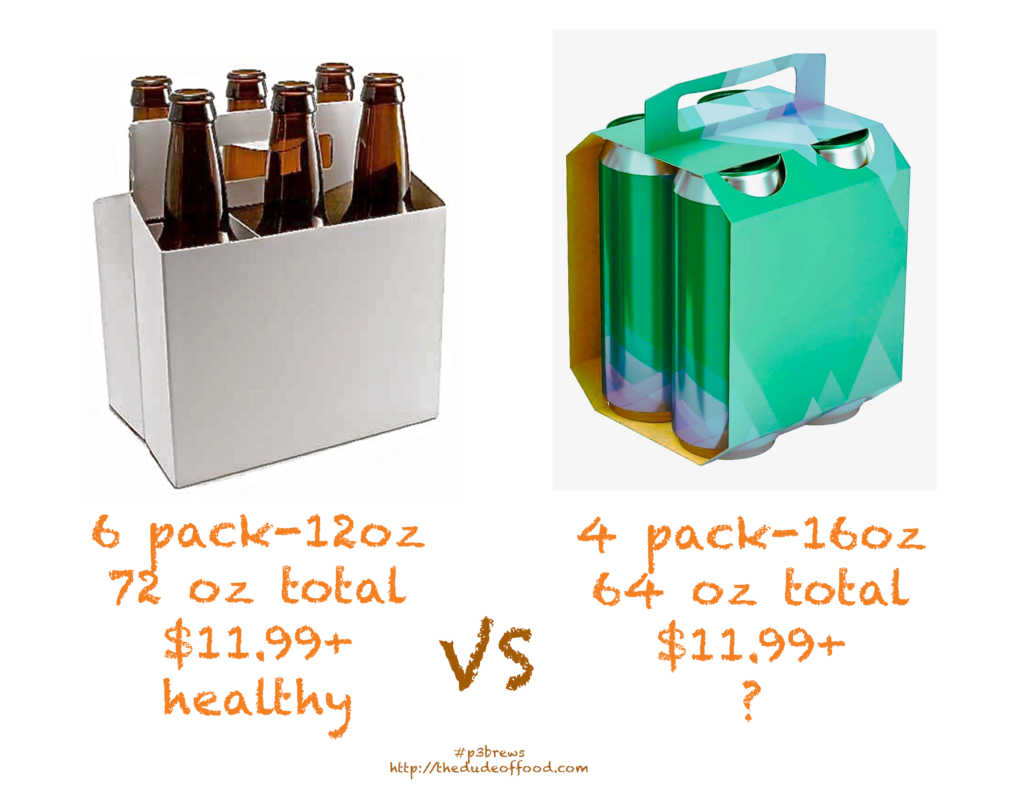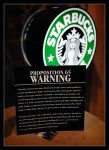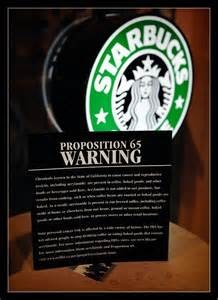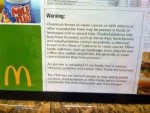Remember the good old days, like 2 years ago, when beer was served in bottles and you could get a 12 pack for $9.99? Now beer is trendy and manufacturers have taken to following the coffee business model. If Starfunkx can pay less than $50 a ‘Free Trade’ ton of un-roasted beans and then charge $3 a cup for coffee then so will the gas station. Sadly, the Dude of Food has noticed the same thing is happening in the beer business. Some craft beer makers decided to charge a bunch of extra dough for some aged beer and now even the cheap lagers are expensive. This same trickle down for profit theory has gone into packaging too.
In the 1970’s aluminum cans caused Alzheimer’s disease. These days it’s cheaper to can beer than it is to bottle it so we are told and sold that cans are OK now.
Next let’s look at packaging.

As you can see from the image comparison above, the buyer is paying the same for a package containing 8 less ounces per purchase and put in a potentially health riskier but cheaper to produce package. The only bonus about cans is they don’t break when dropped and are lighter to recycle, but then again in California we pay for CRV to recycle but there is nowhere to take your recycling except to the trash so the state gets it back anyways but subsidizes itself by charging a pre-paid recycling fee. The fee was established by the California Beverage Container Recycling and Litter Reduction Act of 1986 and since 2010 the program has been administered by the Cal/EPA California Department of Resources Recycling and Recovery (CalRecycle) (previously administered by California Department of Conservation – Recycling Division)
In February 2016 RePlanet, the largest recycling center in California, closed 191 recycling centers and terminated nearly 300 employees in small communities across the state due to increases in operational costs. By August 2019 RePlanet announced the closing of its remaining 284 centers and termination of it’s last 750 employees. It began the process of liquidating assets to pay creditors which had backed up due to continued reduction in state fees, the depressed pricing of recycled aluminum, plastic and cardboard, the minimum wage increases and the rise in operating costs.
Write to your elected California senators, local newspapers and media services to ask more questions as to why nothing logical is getting done in California.



